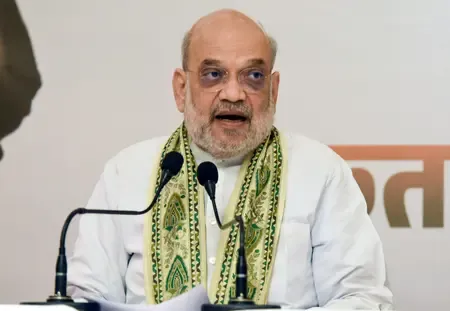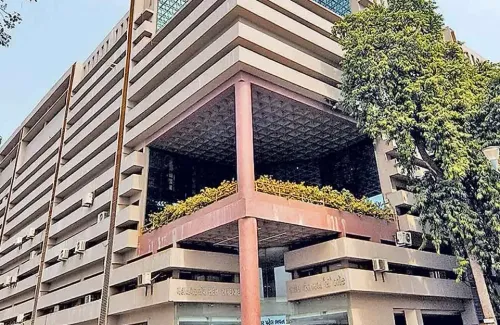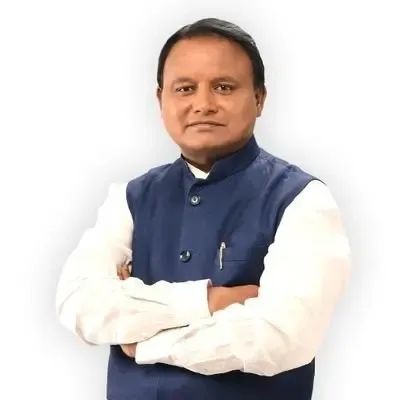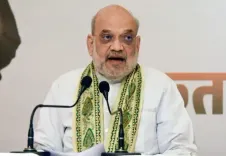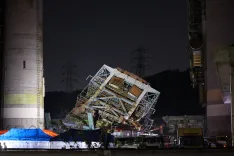When Will We Honor Our Armed Forces? Manoj Muntashir's Critique of the Opposition

Synopsis
Key Takeaways
- Celebrate the bravery of the Indian Armed Forces.
- Questioning is part of democracy, but it should not overshadow military achievements.
- Be aware of internal threats to national security.
- Unity is crucial during times of national crisis.
- Support the government's efforts in maintaining peace and security.
Mumbai, May 23 (NationPress) Acclaimed lyricist and poet Manoj Muntashir expressed his unwavering support for the Indian Armed Forces during their resolute response to Pakistan under Operation Sindoor. He called on the Opposition to celebrate their bravery instead of voicing skepticism about the operation.
In an interview with IANS, Muntashir stated, “The inquiries being made now are reminiscent of those from the past. Even Lord Ram and Lord Krishna faced scrutiny. Therefore, it does not surprise me that there are questions surrounding Operation Sindoor. However, I firmly believe that for the first time, the nation has united under the tricolour, standing in solidarity with our military. Our forces delivered a powerful response to Pakistan's terrorist actions—so when will we take the time to celebrate this? If we continue to cast doubts, when will we honor their bravery?”
“This is a moment to recognize the Indian Army's courage as if it were a national celebration. Our cowardly neighbor, who targeted innocent individuals based on their religion, has received a deserved response. Let me be clear—no one should think that a ceasefire indicates the end of Operation Sindoor. It is merely on hold. If Pakistan does not renounce its cowardice, I believe Operation Sindoor may only conclude once the threat is entirely neutralized,” he emphasized.
In response to critiques of the government’s recent all-party delegation initiative, Muntashir defended the administration's stance.
“The Opposition’s role is to question the government. However, if this delegation had consisted solely of BJP members, the criticism would have made sense. Instead, this was a collaborative effort involving multiple parties consulted prior to selection. They are representing India’s position on an international stage. Thus, I find the complaints incomprehensible. In fact, I am struggling to find a valid reason for criticism,” he remarked.
Muntashir also addressed allegations of US involvement in the ceasefire 'agreement' between India and Pakistan.
He stated, “Prime Minister Narendra Modi has clarified—there is no third-party involvement. The ceasefire is a product of decisions made by the top leaders of both countries’ armed forces. Following the Shimla Agreement, it was established that no third power would interfere in our bilateral matters. India has consistently upheld this principle. The Kashmir issue is internal, and treating it as an international concern is both ludicrous and unacceptable.”
He further highlighted that internal threats pose greater dangers than external foes.
“India is not endangered by Pakistan’s nuclear capabilities. The more significant threat lies within—individuals among us who engage in anti-national activities. These internal 'germ bombs' are what truly threaten our nation. We must identify and eliminate them,” he added.
He reiterated the need for unity and faith in national leadership during such critical times.
“Whatever the Prime Minister articulates, the entire nation should rally together. Doubts and divisions only serve to weaken our collective resolve. This is a period for solidarity, not suspicion,” he concluded.

